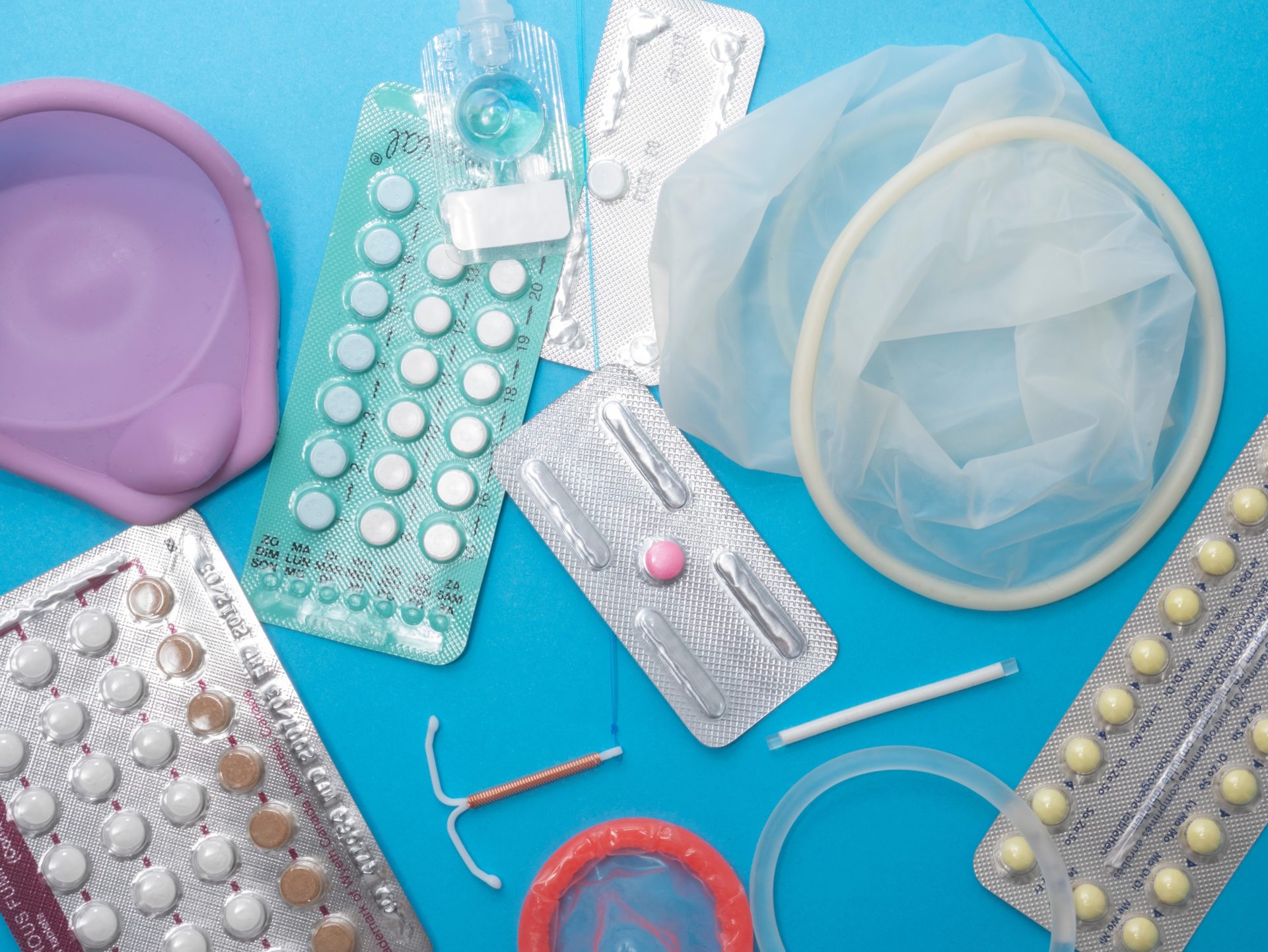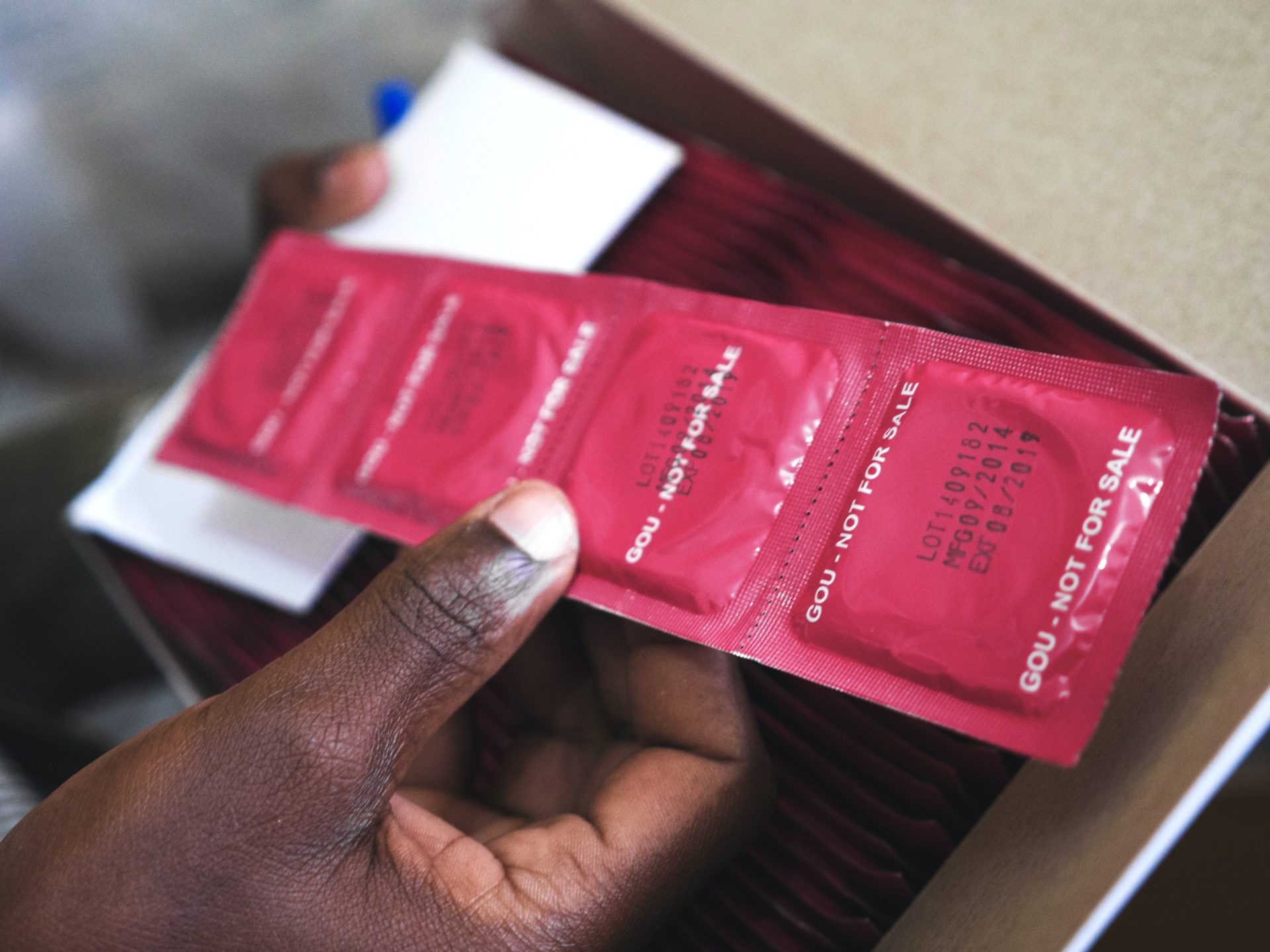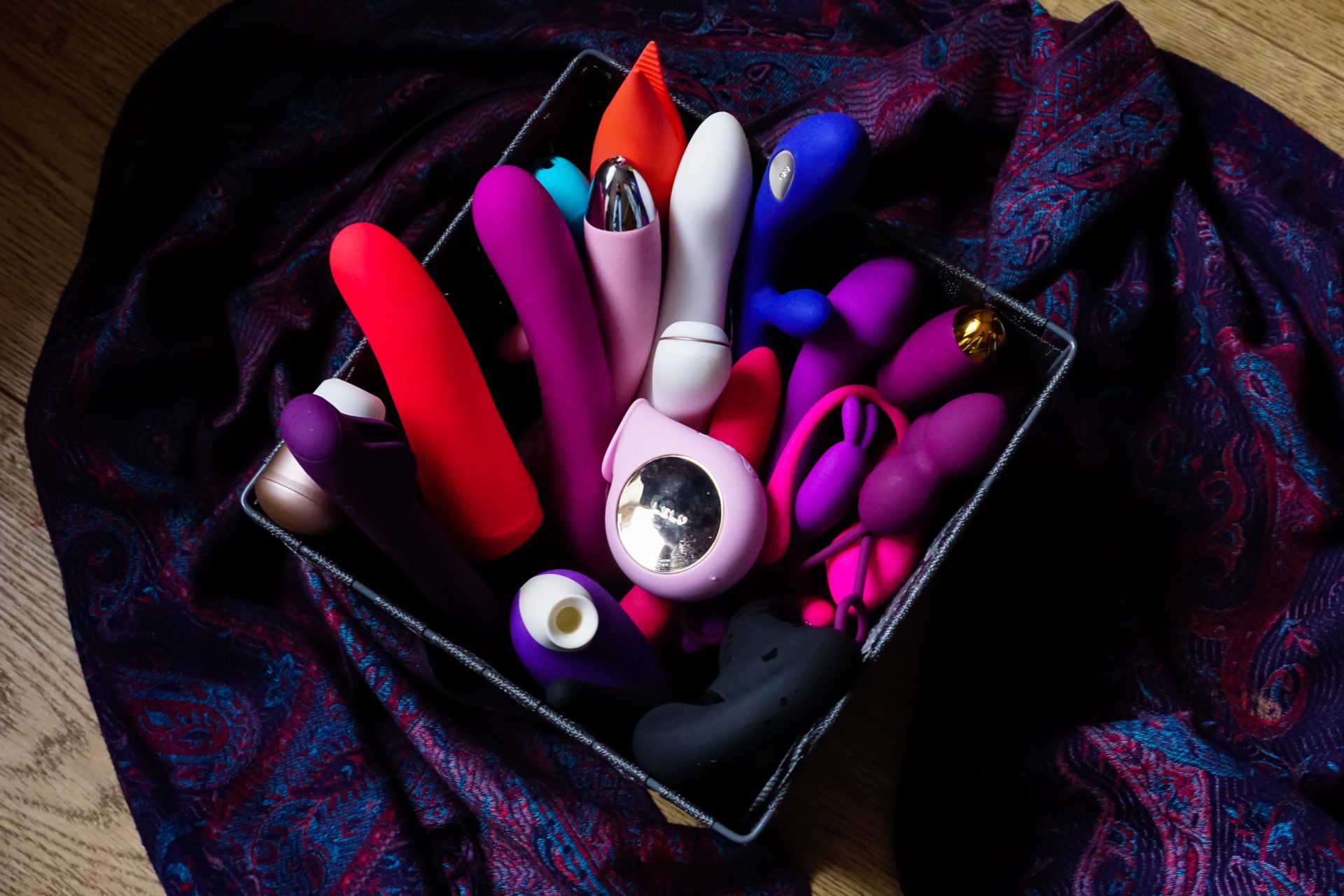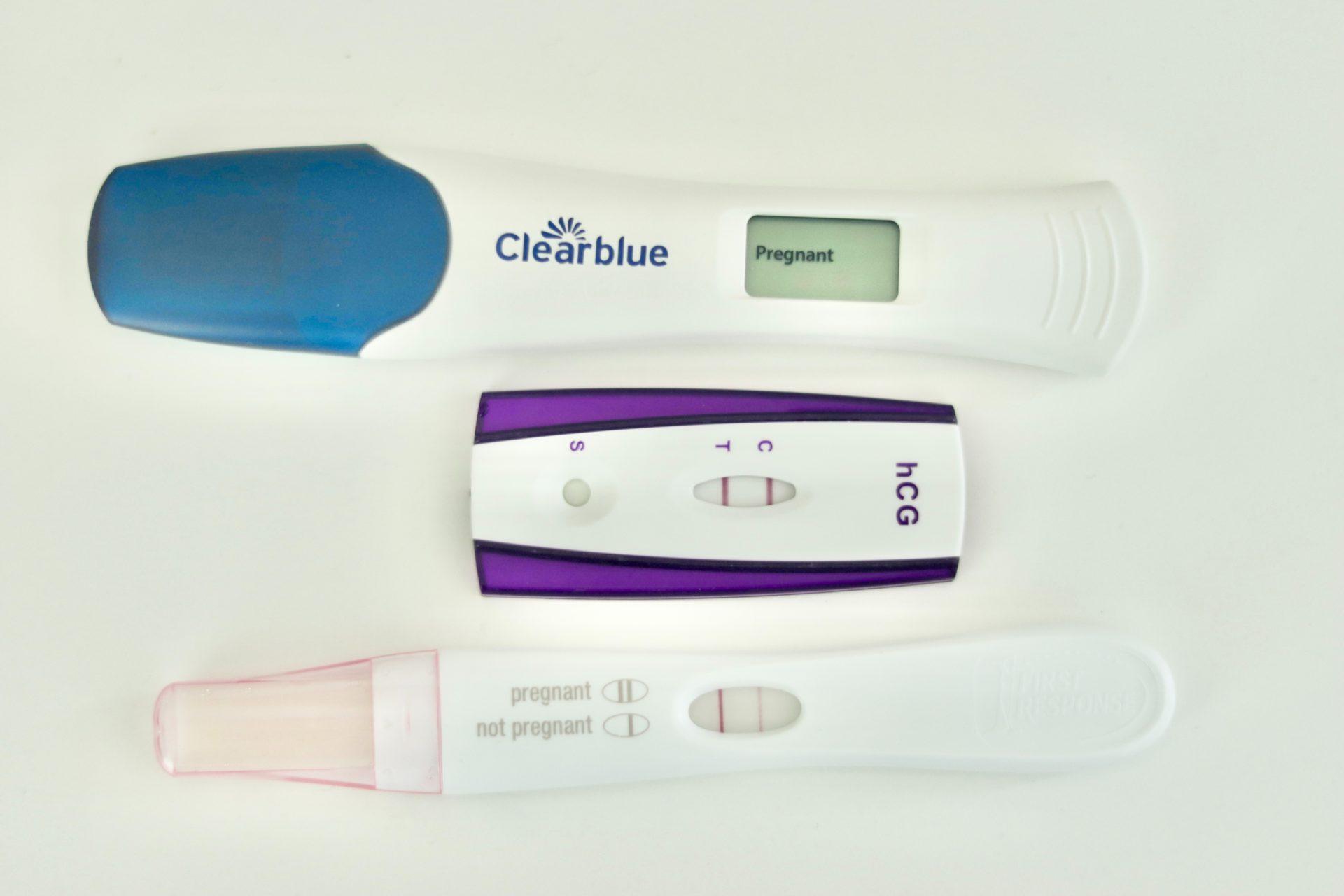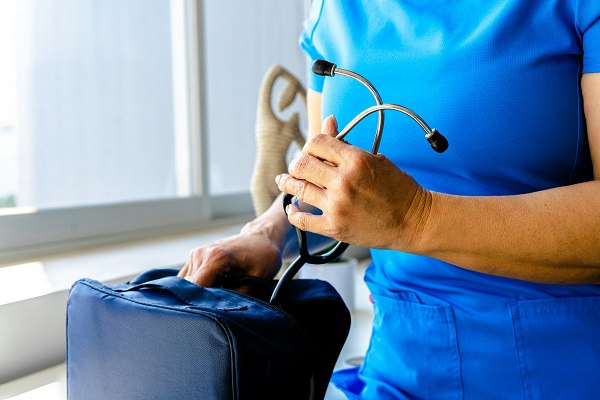
Sexual Health
Programs & Services
According to the 2024 National College Health Assessment, in the past 12 months 38.5% of students have engaged in vaginal intercourse and 47.6% in oral sex. However, of those sexually active students, only about 41% always used protection during vaginal intercourse and about 7% during oral sex. Additionally, over 26% of students reported that they (or their partner) have used emergency contraception in the last 12 months.
As a result, the Health Promotion Office aims to create an open, supportive culture where students feel safe learning about and exploring what sexuality means to them, while also staying safe.
Safe Sex Express
The Safe Sex Express is a program that delivers safer sex supplies and information to Rochester students’ CMC boxes. The program was created by students on the UR Student Health Advisory Committee (URSHAC) in the spring of 2015. Since then, we have delivered hundreds of orders each academic year.
Any Rochester student can place an order using our request form. Options include:
- External condoms (AKA male condoms)
- Internal condoms (AKA female condoms)
- Lubricant
- Dental dams
- Finger cots
Sexpert Hall Program

Have questions about sexual health, pleasure, sexuality, and hooking up? The Sexperts are here to have honest and inclusive discussions about it all.
We recognize that many of our students face difficult decisions about sex, and sometimes it’s hard to know who to turn to for answers and advice. In this program, no questions are off limits!
Our Sexperts are a group of trained Peer Health Advocate interns who aim to teach and inform their peers about sexual health, reproductive health, and community resources. You can request a Sexperts program for your residence hall or student group throughout the academic year.
Sex & Chocolate Carnival
When: TBD
Where: TBD
Join us for our annual Sex & Chocolate carnival to learn about the spookiest topic of all: SEX! Check back for more info about the Fall 2025 event!
Masturbation 101
When: TBD
Where: TBD
Ever wanted to learn more about masturbation and sex? Join the Health Promotion Office Peer Health Advocates for a fun and relaxing evening learning about masturbation. Participants in the programming will get a chance to enter a raffle to win a free sex toy, so make sure to mark this on your calendar!
Contraception
Choosing the right birth control for you:
Birth control methods are not a one-size-fits-all. Check out this resource from Bedsider to help find the method that might be right for you. You can also call UHS at (585) 275-2662 to schedule an appointment to discuss your contraceptive options with a provider.
Where to find birth control:
On Campus:
- UHS offers a variety of contraceptive methods, including birth control pills (oral contraceptives), the Depo-Provera shot, IUDs, and the implant (Nexplanon). Vaginal contraceptive rings and contraceptive patches are available by prescription at local area pharmacies.
- Emergency contraception (AKA Plan B or the morning after pill) can be purchased from UHS for $15 with no appointment necessary. Typically this costs around $40-50 at local pharmacies. It is also available in the UHS Wellness on Demand vending machine at no cost when supply allows.
- Internal condoms, dental dams, finger cots, and lubricants can be found in various locations around campus:
- UHS building: first floor lobby, Health Promotion Office, and Wellness on Demand vending machine
- Common Connection
- Paul J. Burgett Intercultural Center
- For sale at Hillside
- In your dorm (if your RA does not have any on their bulletin board, ask them to come pick some up for the hall!)
- Get them delivered to your campus mailbox through Safe Sex Express
Off Campus
- Planned Parenthood
- Trillium Health
- For internal/external condoms and lubricant, you can also visit any local area Wegmans, CVS, Walgreens, etc. to purchase these.
Sexually Transmitted Infections (STIs)
STIs are very prevalent among college-aged individuals, with the those ages 15-24 having the highest rates of STIs. Learn about symptoms to look out for, testing, treatment, and prevention for various STIs on Planned Parenthood’s website.
Where can I get tested?
On Campus:
- You can schedule an appointment to get tested at UHS by calling (585) 275-2662
- The mandatory health fee covers one HIV test per year, and other tests or additional HIV tests may be covered depending on your insurance
- Results are kept confidential, but if you are worried about your parents seeing the test on their insurance, you can use confidential billing (typically $15-$40)
- STI testing clinics hosted by the Health Promotion Office
- Get an at home test kit sent to you by Trillium Health here
Off Campus:
- Schedule an appointment at Planned Parenthood
- Schedule an appointment at Trillium Health – if you do make an appointment at Trillium Health, you may wish to utilize the University’s orange shuttle line to get there
Masturbation 101
Did you know that masturbation is normal, healthy, and even has a variety of mental and physical health benefits?
Benefits of Masturbation can include:
- stress reduction
- better sleep
- relief from menstrual cramps and muscle tension
- release of sexual tension
- improved self-esteem and body image
- strengthened muscle tone in your pelvic and anal areas
Masturbation can also help you figure out what you like sexually, which can help you communicate your preferences to a partner.
Masturbation Tips:
- Wash your hands thoroughly beforehand
- If you are sharing your sex toys with multiple partners, be sure to thoroughly clean them or use new condoms between each use to prevent the spread of STIs
- Clean your sex toy before and after each use – check out our guide on how here
- Use lube to decrease friction and prevent small tears in your skin – it can make it more pleasurable too!
How do I know if I am masturbating too much?
There is no set amount of masturbation that is too much. If you find that masturbation is getting in the way of your everyday activities, such as work, school, or time with family and friends, you may wish to talk to a counselor about this. You can schedule an initial appointment at UCC by calling (585) 275-3113.
Source: Planned Parenthood
Sex Ed 101
Our Sex Ed 101 program is a 21-day online program that consists of informational emails, including videos, infographics, and more to help you increase your knowledge on sexual health. We all have different sexual education backgrounds, but we hope to close any gaps in knowledge by the end of Sex Ed 101. The program will include 11 informational modules on topics such as:
- masturbation
- contraception
- condoms & lube
- pornography
- LGBTQ+ sexual health
- pregnancy
- and more!
Our goal is for you to gain knowledge and an understanding of various topics related to sexual health. Some individuals may already have some knowledge in this area, but for some of us this is a new topic. Regardless of what background you have in sexual health, everyone has something to learn. Visit our registration page to sign up to start receiving emails today!
LGBTQ+ Sexual Health
While all of the resources and information listed on this page can be helpful for every individual, we recognize that there are LGBTQ+ specific sexual health needs that must be met. Schedule an appointment at UHS by calling (585) 275-2662.
Other Local LGBTQ+ Competent Organizations:
Pregnancy Resources
For information and resources on navigating a possible or confirmed pregnancy, visit our pregnancy resources webpage.
Ask the Hive
Do you still have questions about sexual health? Ask the Hive! Fill out the form below to have your sexual health questions answered by our Health Promotion experts. Your question and answer will be anonymously posted on our site, as you are probably not the only person wondering about a certain topic! See past submissions and responses on our blog.
This is not a medical advice line, and any emergent medical issues should be addressed by a medical provider. You can schedule an appointment at UHS by calling (585) 275-2662.
Sexual Health Services Workgroup
During the 2023-2024 academic year, we formed a Sexual Health Services Workgroup with representation from all areas of UHS, including Health Promotion, Primary Care, Counseling, IT, and Insurance/Billing. The purpose of this workgroup is to focus on the provision of sexual health services based on the ACHA Guidelines: Best Practices for Sexual Health Promotion and Clinical Care in College Health Settings. The workgroup uses a framework for organizational assessment and development to review the sexual health services provided by UHS. The group’s ultimate goal is to create and advocate for a sexual-health-promoting campus environment that is student-centered, accessible, and inclusive.
Already doing well
We found that for a vast majority of the recommendations in the area of health promotion, we were already doing them well. These include:
- Safer sex supplies are available to students free of charge.
- Safer sex supplies are located in multiple spaces that are accessible to a variety of students.
- Safer sex product program is publicized to students (e.g., through social media, websites, posters in student spaces, etc.).
- Non-latex safer sex supplies are available.
- Dental dams are available.
- External condoms are available.
- Internal condoms are available.
- Latex and/or nitrile gloves are available in multiple sizes. (We offer finger cots, which are one-size since they don’t go on the whole hand.)
- Water-based lubricant is available.
- Silicone-based lubricant is available.
- Social media is used to provide positive, engaging messaging about sexual health.
- Social media content is created in consultation with students to amplify their voices regarding sexual health.
Areas for improvement
There were several recommendations that led us to make changes, or that we are actively working to improve. These include:
- Non-lubricated condoms are available.
- We have since begun stocking non-lubricated external condoms as an option.
- Safe sex products are offered with instructions on how to use each product.
- We have since created a webpage that contains information on how to use every safer sex supply that we offer. This is included in each Safe Sex Express order as a handout with a QR code.
- Health education programs always inform the audience of upcoming content—sometimes called giving a trigger warning—to empower participants to choose whether or not to engage with the material.
- This is something that we do sometimes, but we would like to be more consistent with this. This is something that we will work to include with all of our sexual health programming moving forward.
- Health education programs always affirm at the beginning that participants are free to leave for any reason at any time during the program to take care of themselves.
- Like the above, this is something that we do sometimes, but we would like to be more consistent with this. This is something that we will work to include with all of our sexual health programming moving forward. We hope to also create an environment at our programs in which folks feel comfortable doing what is best for their well-being, and leaving if they need to do so.
- Health education programs relevant to sexual health always set an expectation that participants will use inclusive language and honor participants’ use of terms to describe themselves and their bodies.
- We always strive to use inclusive language during our programming, but setting an expectation that the participants do the same is not something that we have actively done in the past. This is something we will work to change in our future sexual health programming.

